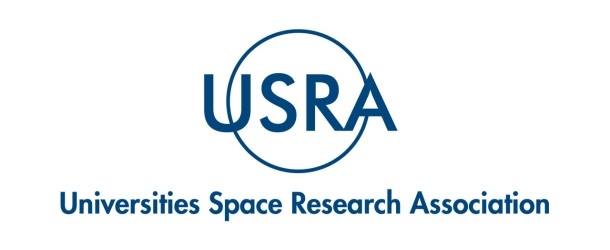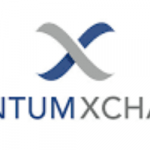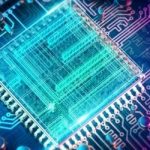Universities Space Research Association, D-Wave, and Standard Chartered Bank Announce Quantum Research Competition

(PRNewsWire) A quantum research competition inviting universities and nonprofits to compete for free time on a quantum computer was just announced by three collaborating organizations. The Universities Space Research Association (USRA) a non-profit organization chartered by the National Academy of Sciences and NASA to advance space exploration and science and engage the University community in its efforts; D-Wave, a global leader in quantum computing systems, software and services; and Standard Chartered Bank, a leading international banking group, jointly announced a Research Opportunity Program inviting eligible candidates to compete for free time on the D-Wave 2000Q™ quantum computer hosted at NASA’s Ames Research Center in Silicon Valley.
The competition builds upon the success of previous competitions. First launched in 2014, the Research Opportunity Program has given access to the D-Wave quantum computer for principal investigators and collaborators representing more than 30 distinct institutions and resulted in more than 50 publications in peer-reviewed journals. Information about the previously awarded projects is available at https://riacs.usra.edu/quantum/rfp. The objective of the program is to advance the state-of-the-art in quantum computing and its application to artificial intelligence.
USRA has been a customer and collaborator of D-Wave since the inception of NASA’s Quantum Artificial Intelligence Laboratory (QuAIL) in 2013. QuAIL has been conducting research in quantum annealing on multiple systems including the 512-qubit D-Wave Two, the 1024-qubit D-Wave 2X and the current 2000+ qubit D-Wave 2000Q.
Dr. Davide Venturelli of the USRA Research Institute for Advanced Computer Science, which has been working with NASA since 1983 conducting collaborative research in artificial intelligence and advanced computing projects, noted “Our previous quantum annealing programs delivered science discoveries as well as many foundational proof-of-concept applications in the field of machine learning, robotics, supply chain management, wireless communications and many others. We believe that empirical research on large-scale machines such as the D-Wave quantum computer is essential to create efficient future hybrid quantum-classical solutions and to train the workforce of quantum computing professionals of tomorrow.”



















